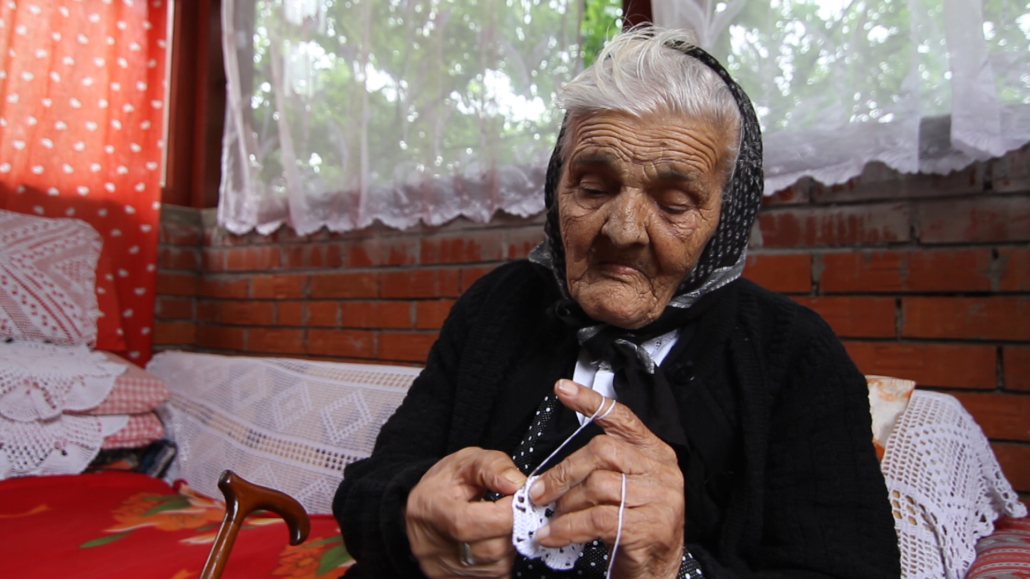Elderly Poverty in Bosnia and Herzegovina
 According to the Swiss Cooperation Programme, elderly poverty in Bosnia and Herzegovina is a concern. Predictions state that more than 30% of the population will be above the age of 65 by 2060. More than 16.9% of Bosnians live below the poverty line but the post-war economy in Bosnia and Herzegovina has significantly restricted the ability for economic prosperity. Following the Bosnian War, many Bosnians lost economic assets and experienced displacement, and they are still experiencing those effects today. In the words of the Wiley Online Library, “Bosnia-Herzegovina still experiences political instability, genocide denial, and growing poverty levels that particularly impact the aging war victims.”
According to the Swiss Cooperation Programme, elderly poverty in Bosnia and Herzegovina is a concern. Predictions state that more than 30% of the population will be above the age of 65 by 2060. More than 16.9% of Bosnians live below the poverty line but the post-war economy in Bosnia and Herzegovina has significantly restricted the ability for economic prosperity. Following the Bosnian War, many Bosnians lost economic assets and experienced displacement, and they are still experiencing those effects today. In the words of the Wiley Online Library, “Bosnia-Herzegovina still experiences political instability, genocide denial, and growing poverty levels that particularly impact the aging war victims.”
Pension System Struggles
Bosnia and Herzegovina’s pension system consists of two different pension funds, The Federation (FBiH) and Republika Srpska (RS). However, The International Journals of Integrated Care (IJIC) reports that nearly 60% of the elderly population lacks access to pension benefits and social care. Due to the financial consequences of the Bosnian war, a proper pension system became necessary for the people of Bosnia. In 2011, Republika Srpska (RS) launched a pension reform to reduce pension contribution arrears. In 2018, The Federation (FBiH) took on a similar reform in hope for a better pension system for Bosnians. According to a 2021 weekly briefing by the China-CEE institute, both pension systems will be stable for the next decade. However, for future sustainability both systems would need further reformation such as labor incentive policies and making these systems administrative friendly.
A Need for Long-Term Health Care
Without a universal healthcare system, the large elderly population of Bosnia has had unequal access to health care. Those who do have access to health care have to spend an undesirable amount on health care and “almost entirely consisting of out-of-pocket payments which are mainly spent on medicines and therapeutic appliances” according to the European Observatory. Bosnian citizens spend twice as much for health care than European Union citizens.
The Bosnian War, which physically and emotionally scarred many citizens, has made access to adequate health care vital. According to the World Bank, the Bosnian government spends only 9% of its GDP on health care, which is three times lower than any other country in the EU. As a result, Bosnia and Herzegovina has one of the lowest-quality healthcare systems in Europe. The COVID-19 pandemic only set back years of positive work done for health care in Bosnia however, with humanitarian groups like World Bank, many Bosnians will likely have more adequate health care in the years to come.
Positive Change Incoming
Humanitarian groups such as the World Bank, have made strides to tackle elderly poverty in Bosnia and Herzegovina through projects like the Strengthening Transparency and Accountability of Bosnia and Herzegovina’s Health Systems Project. The Project, which started in 2022, focuses on improving the transparency and efficiency of Bosnian health systems. One goal of the project is to ensure better health care for all citizens with an emphasis on the elderly individuals who are disproportionately effected. Other groups such as the United Kingdom Agency for International Development (UKAID) and the UK Good Governance Fund (GGF) have been working closely with specifically health ministries in Bosnia for health care reformation. With the BiH working in partner with these groups, elderly Bosnians can have hope once again.
Looking Ahead
Elderly poverty in Bosnia and Herzegovina has continued to overwhelm the BiH for more than 30 years, failing to provide adequate social support and healthcare systems. However, with current social system reforms and outside humanitarian groups, Bosnians have hope. While conditions are improving, sustained collaboration between the government and other outside groups is vital for reducing elderly poverty in Bosnia and Herzegovina.
– Naseem Rahman
Naseem is based in Highland Village, TX, USA and focuses on Global Health for The Borgen Project.
Photo: Flickr
